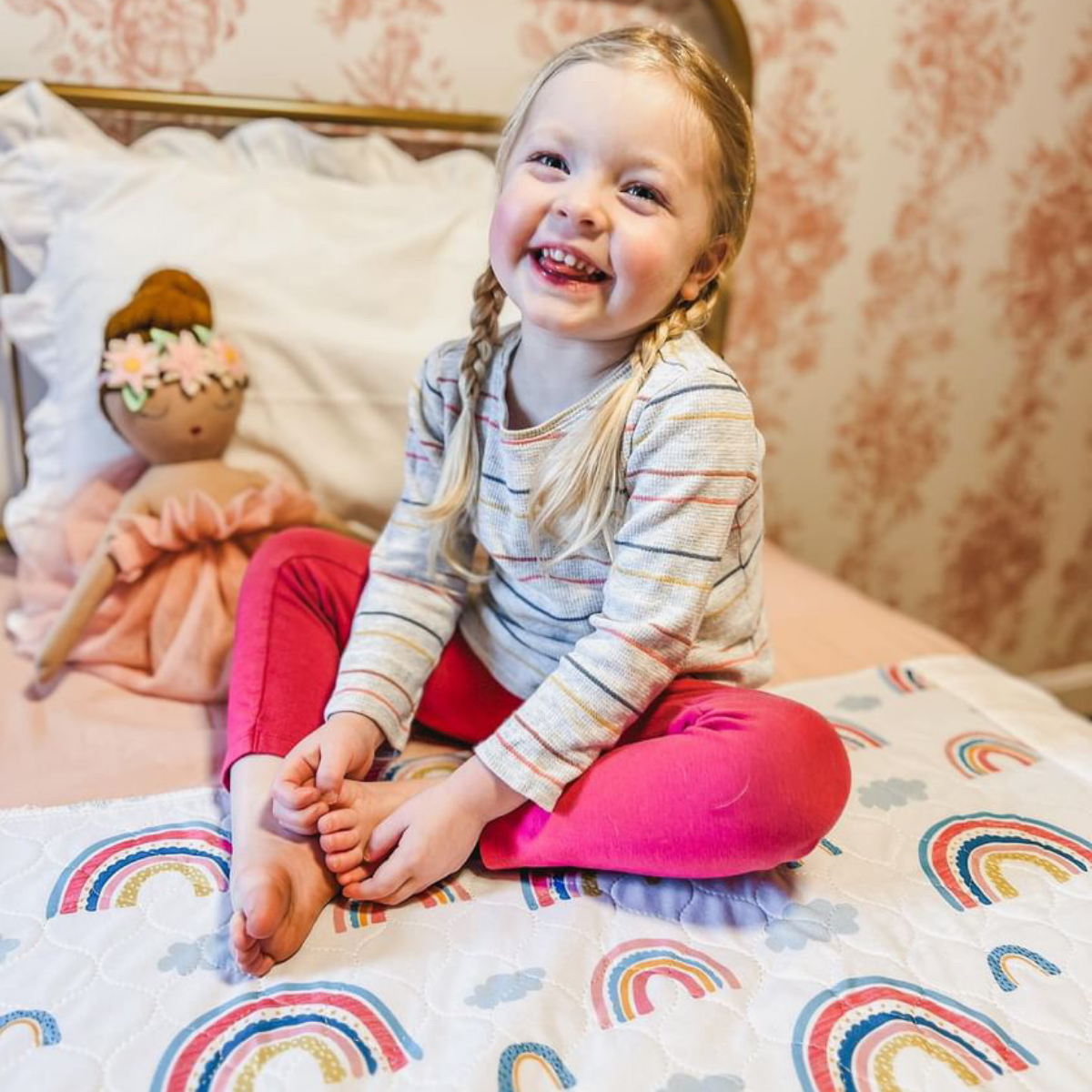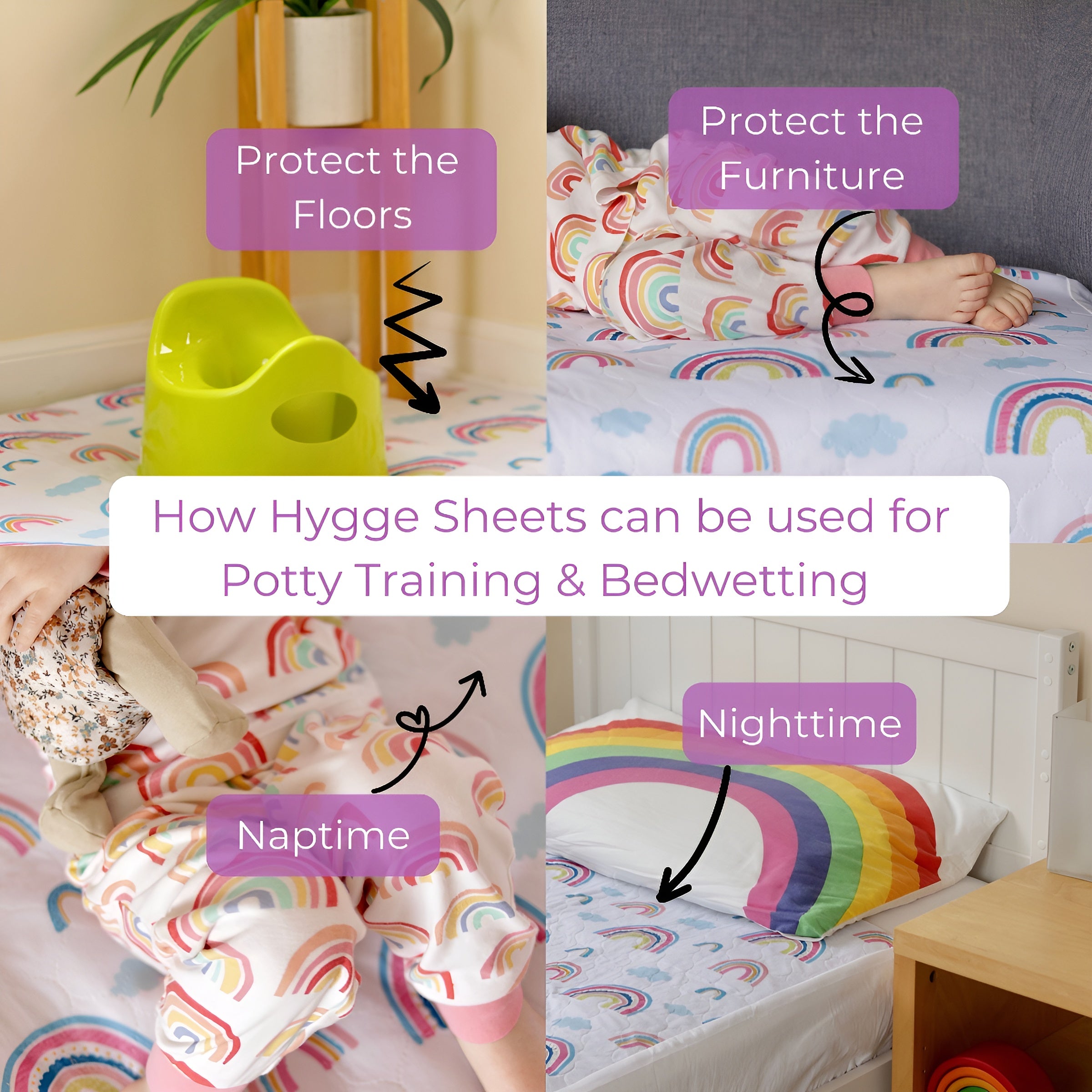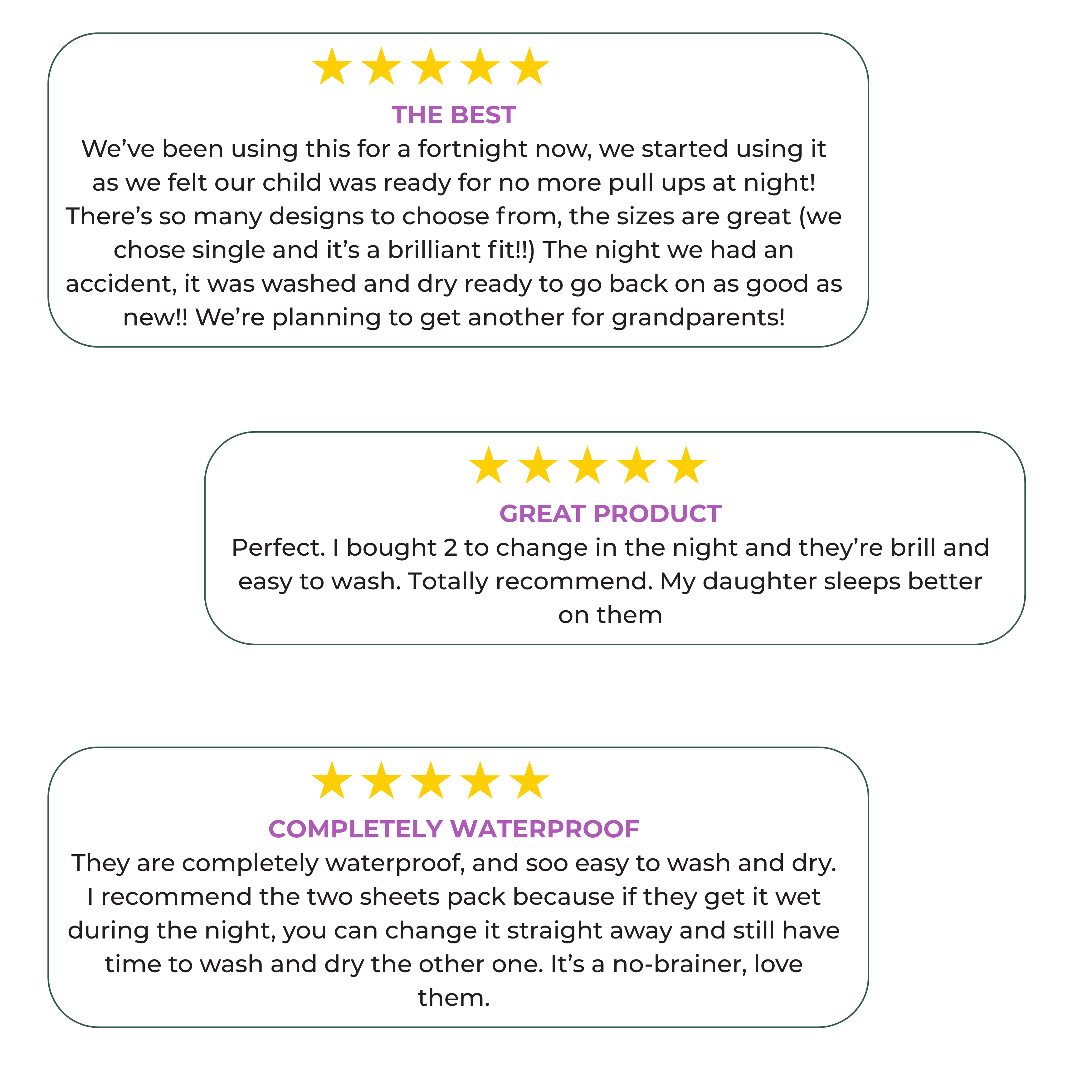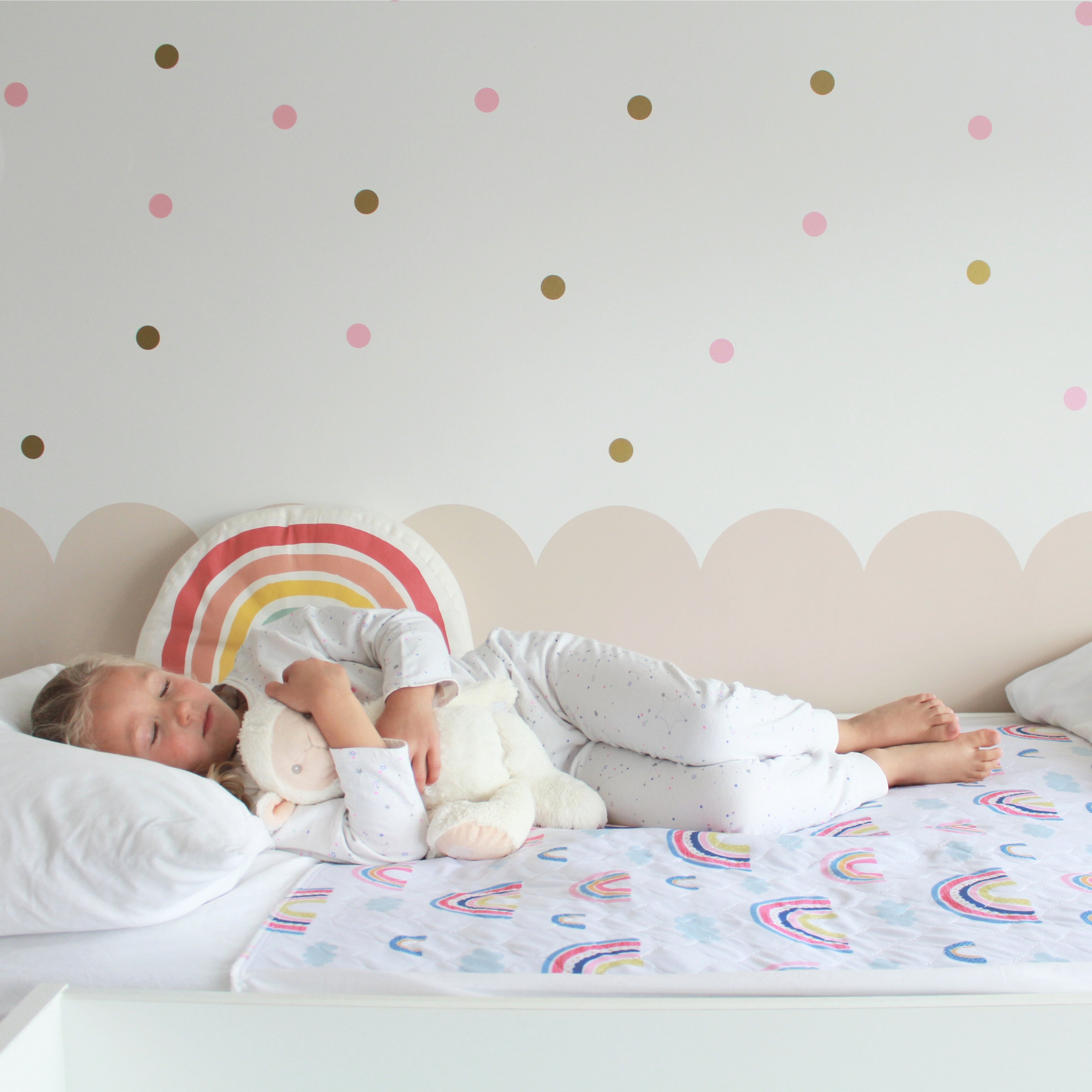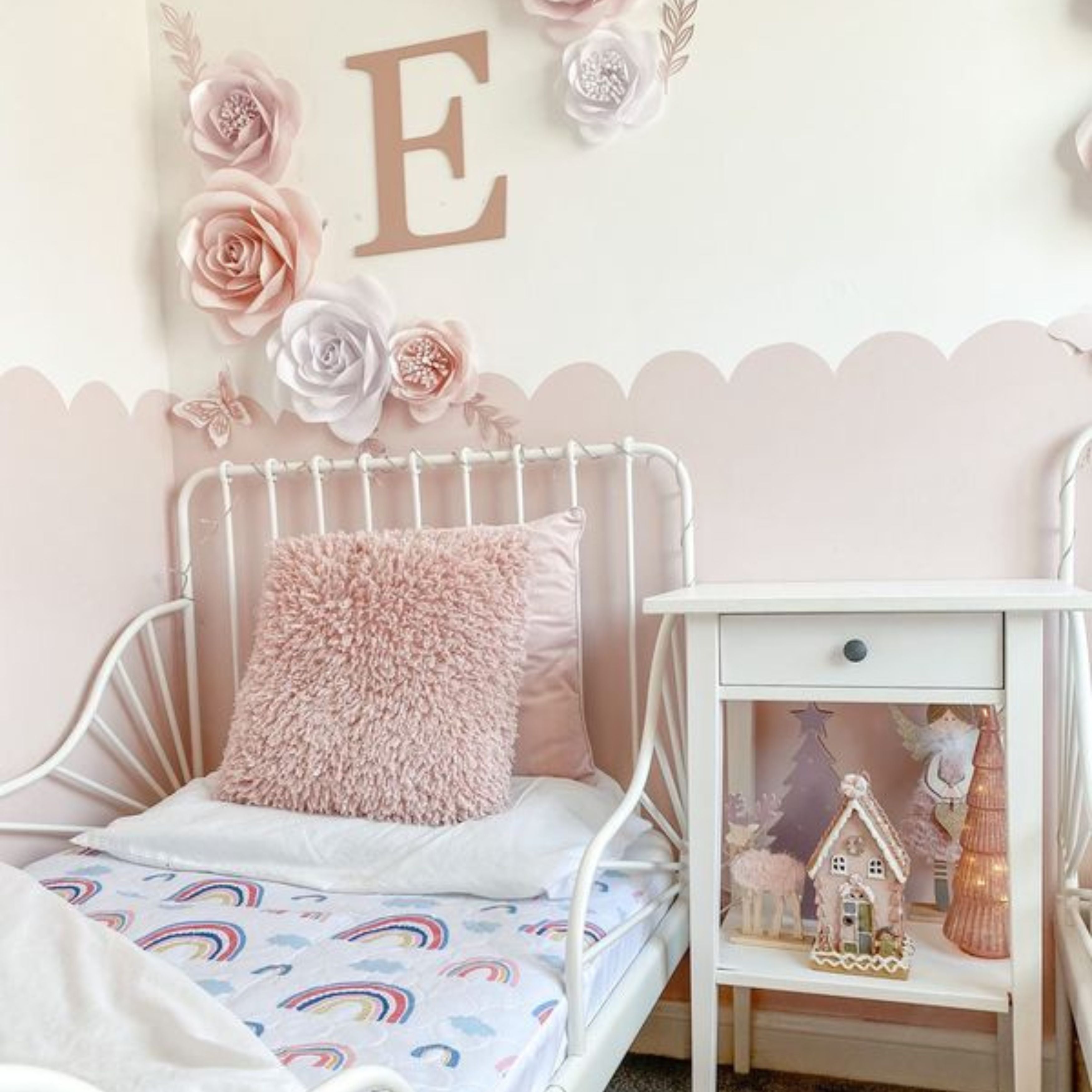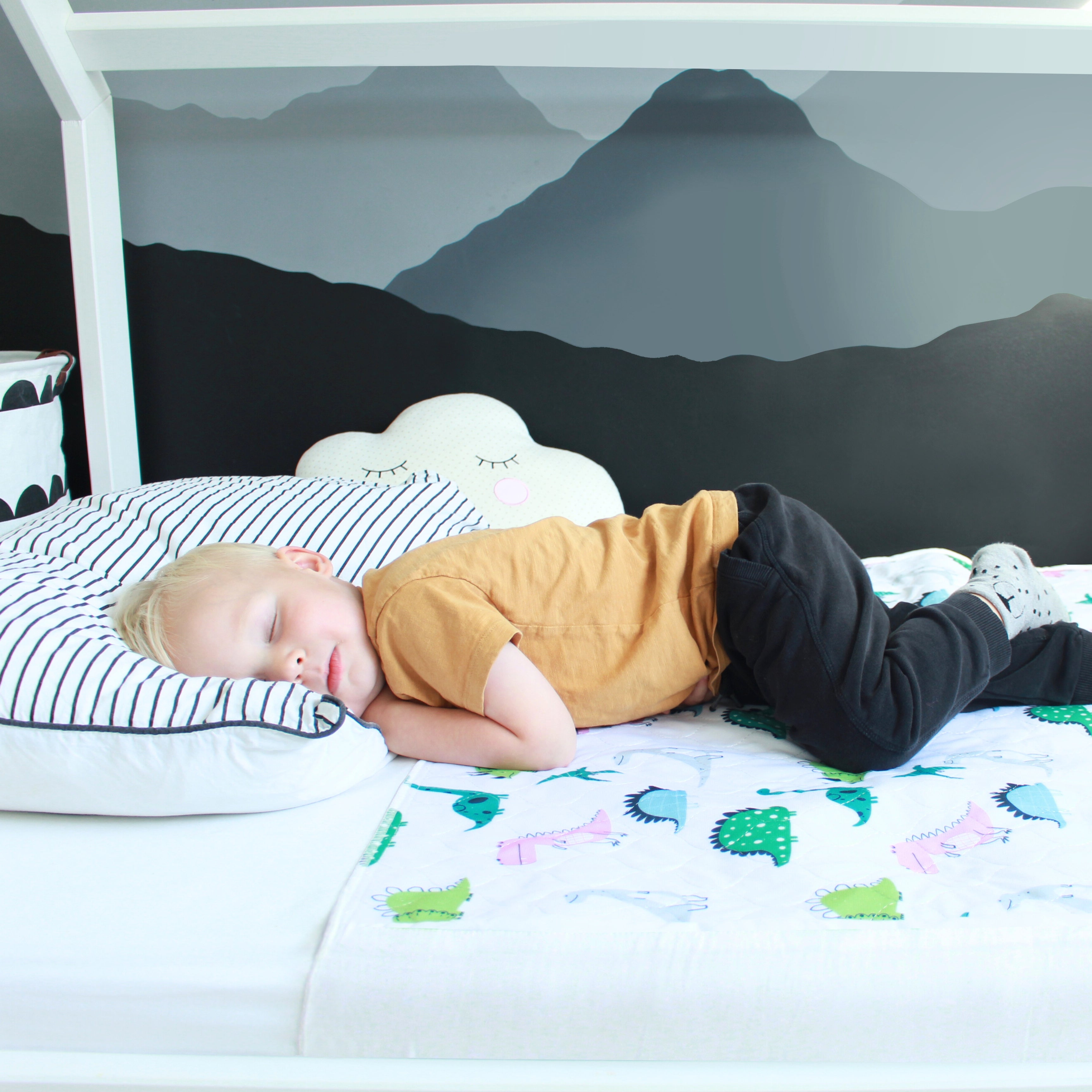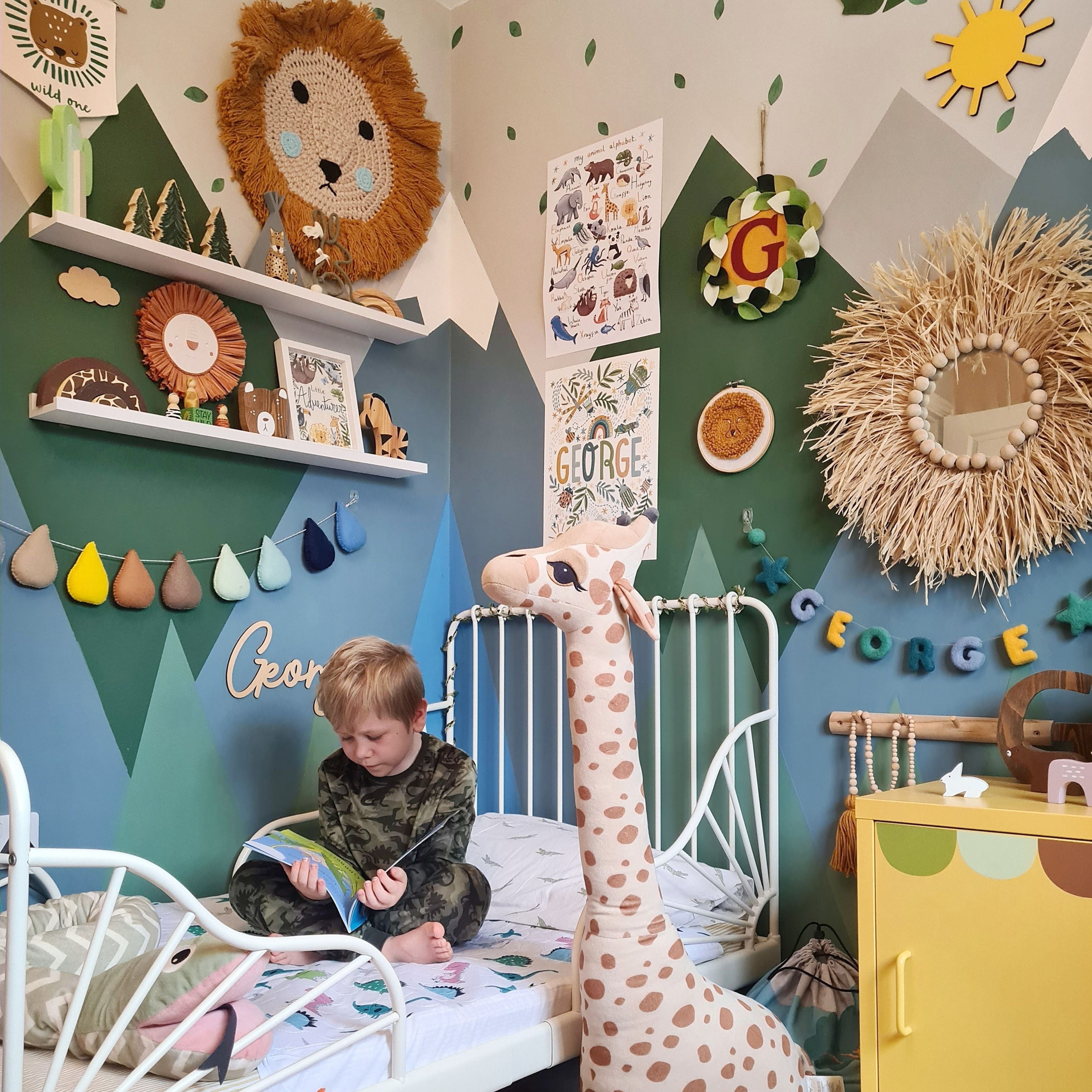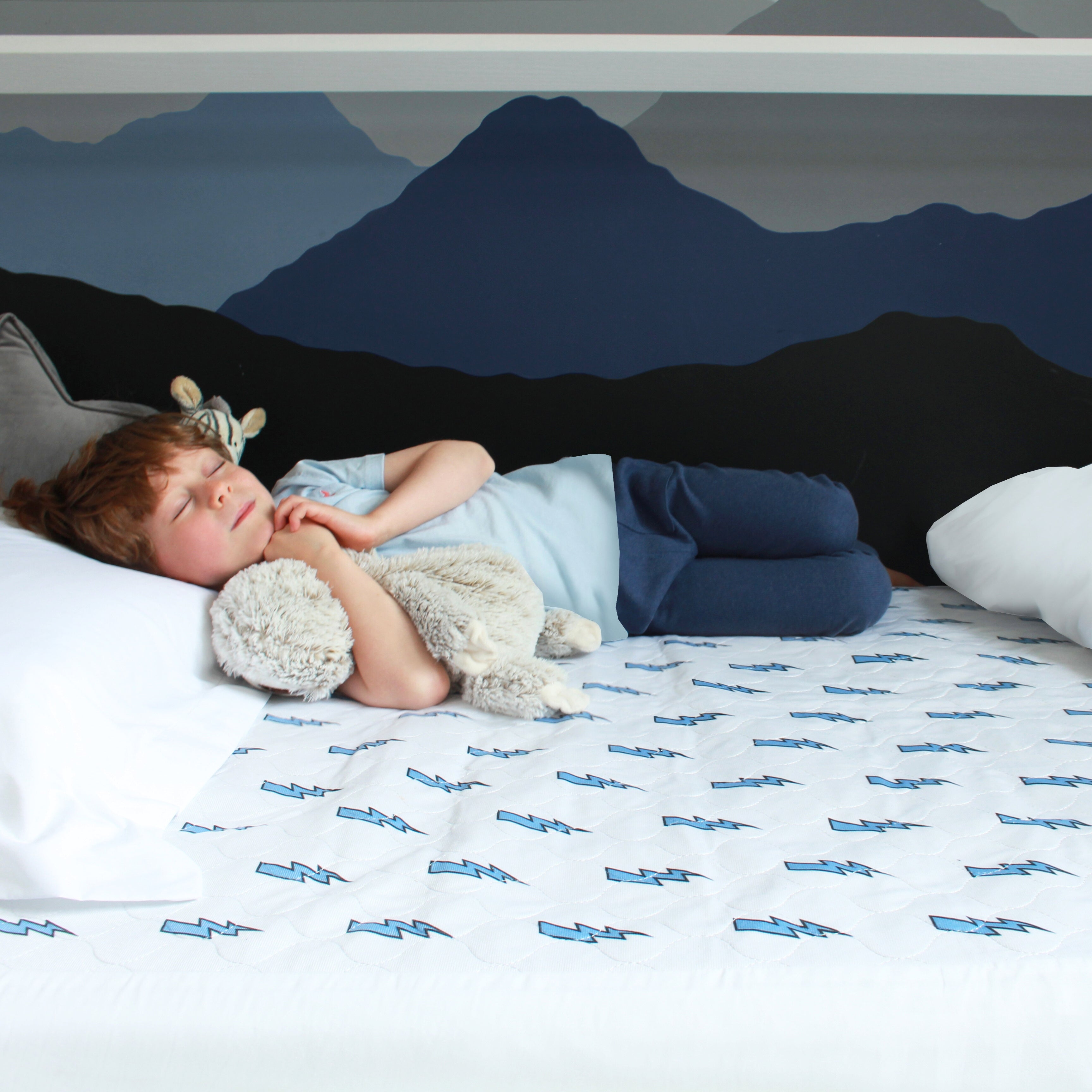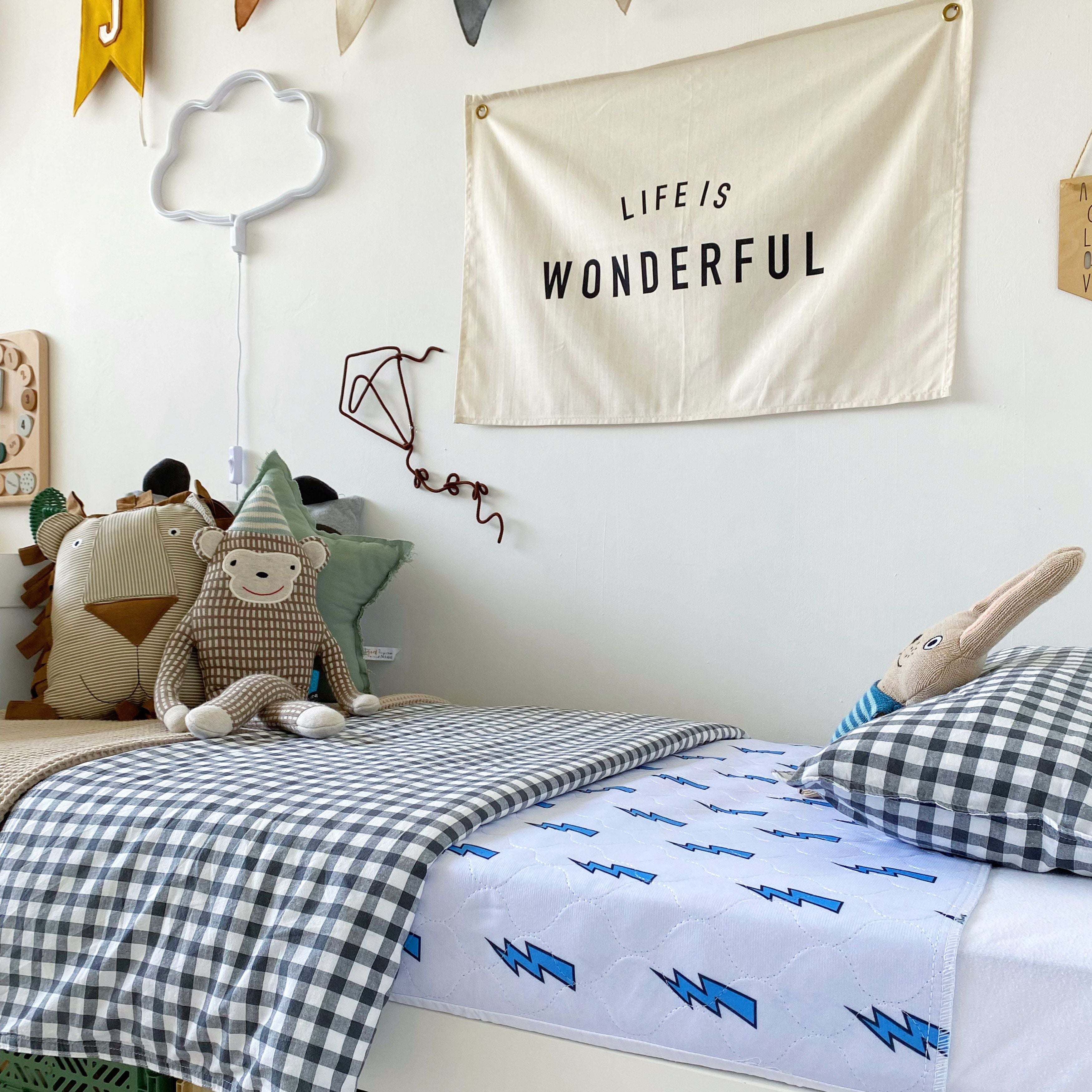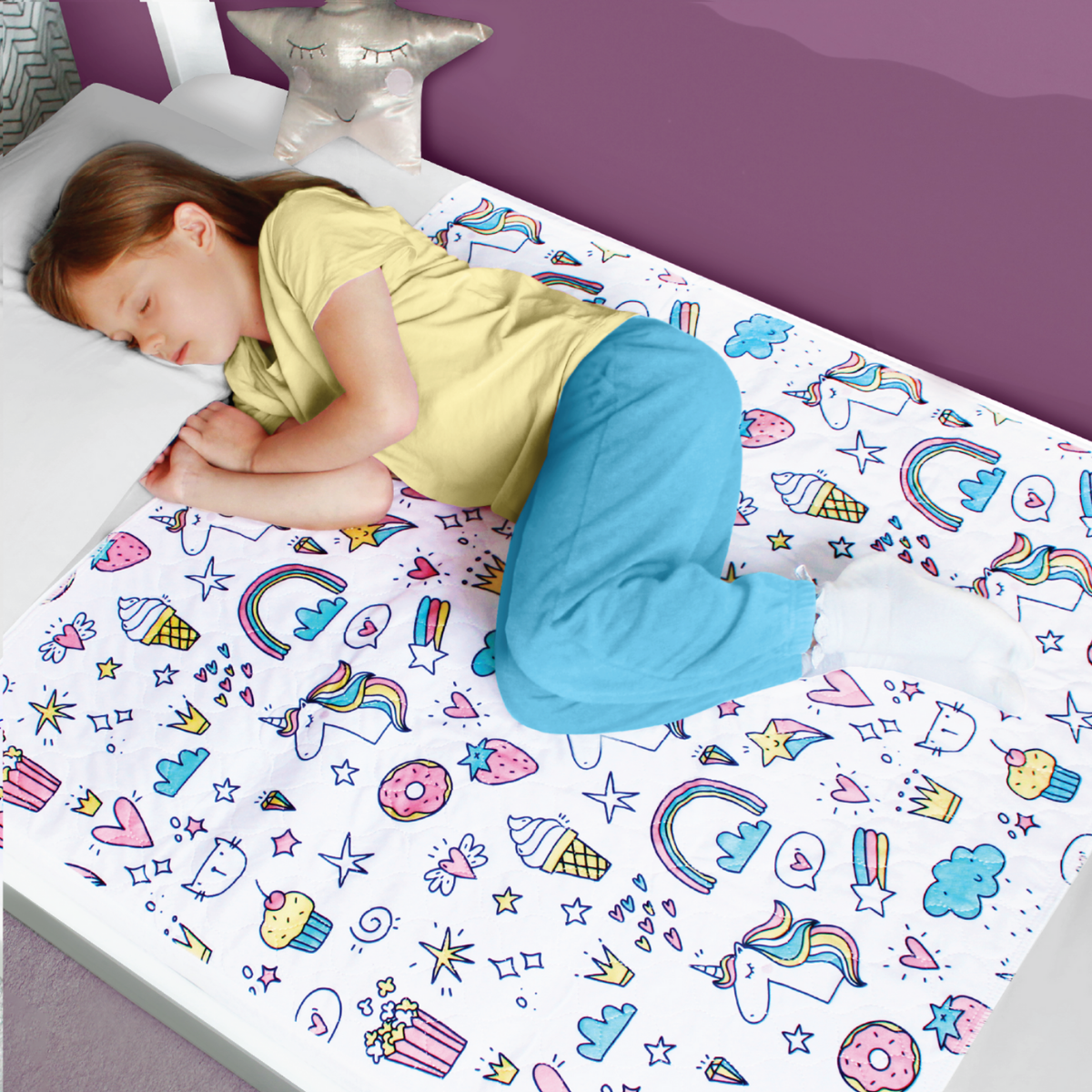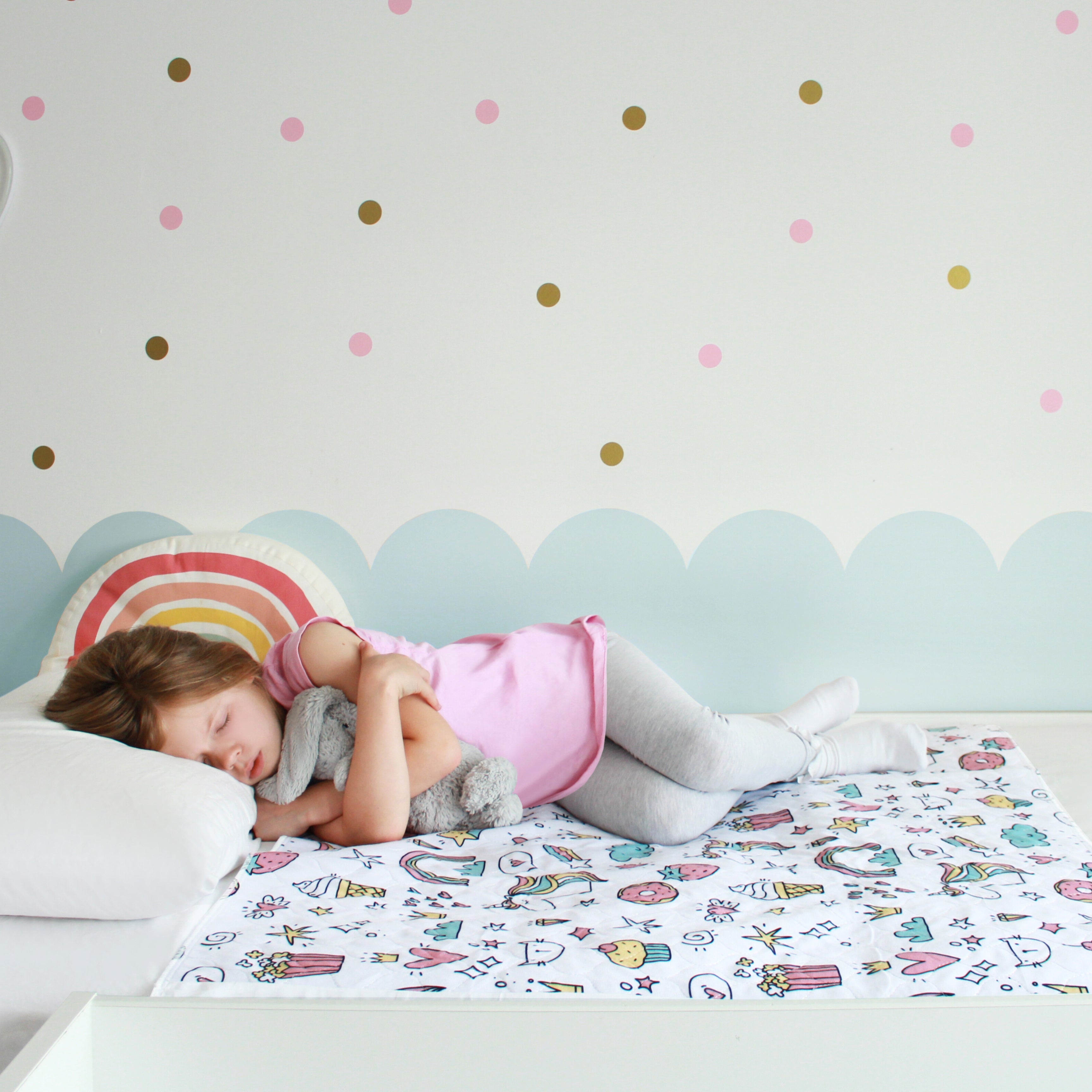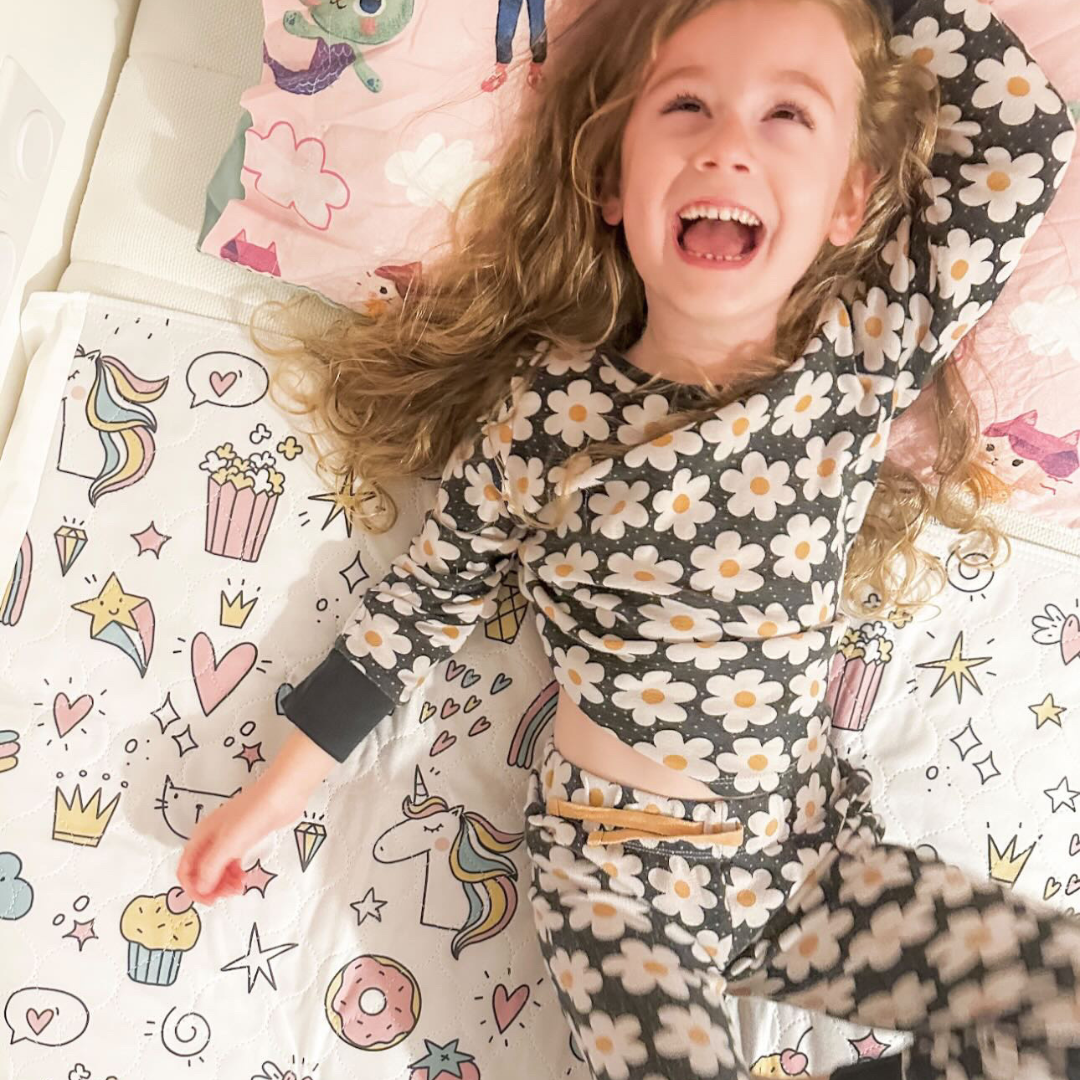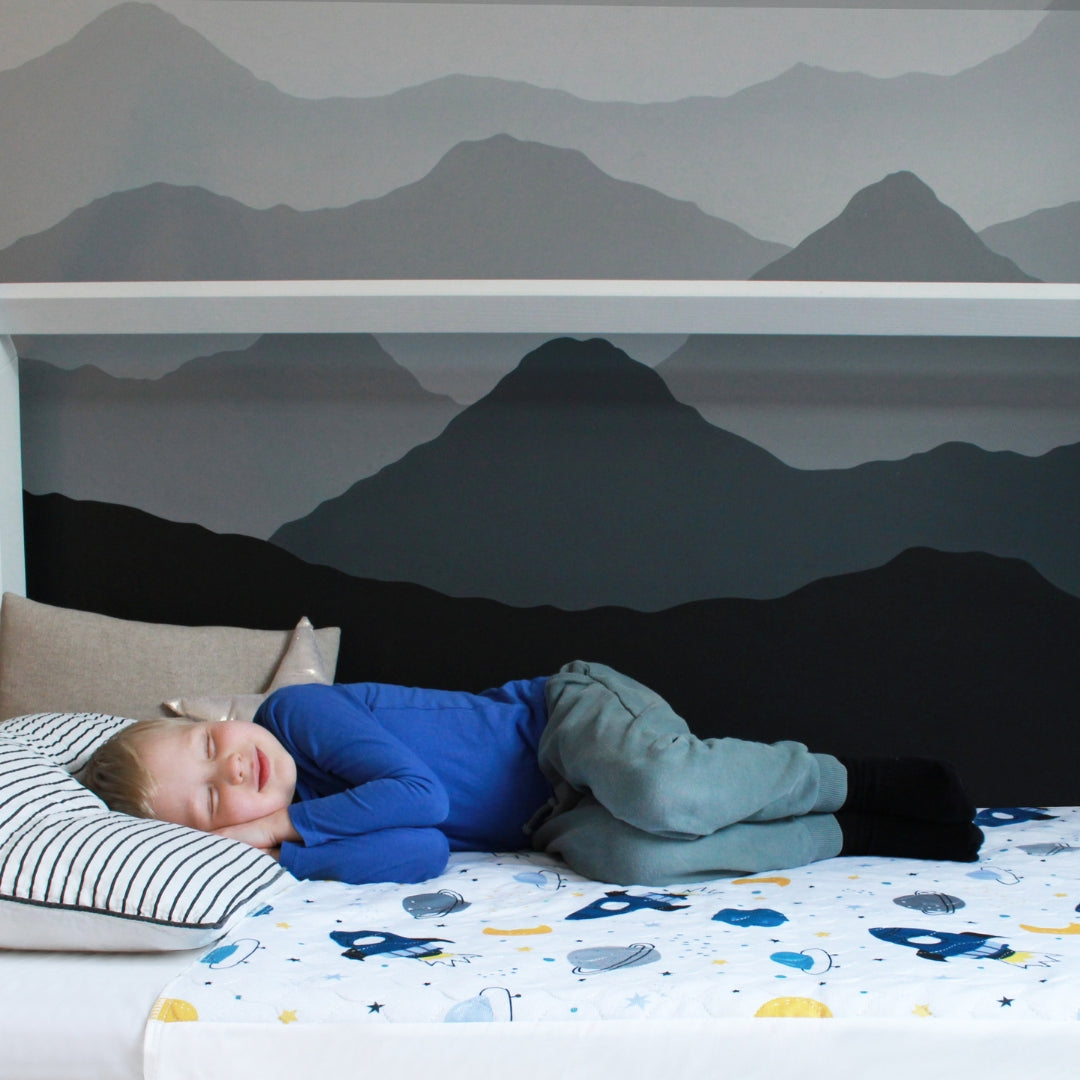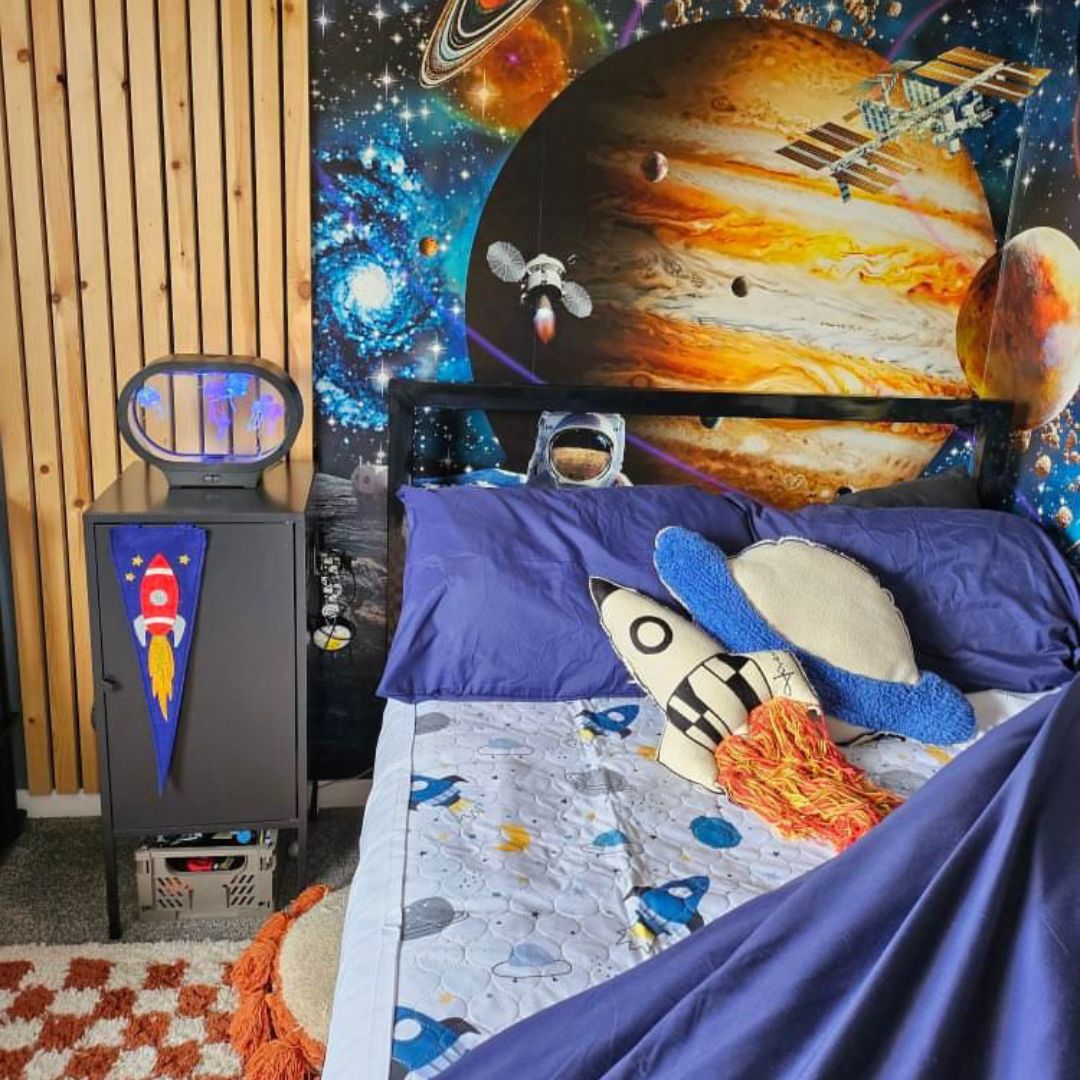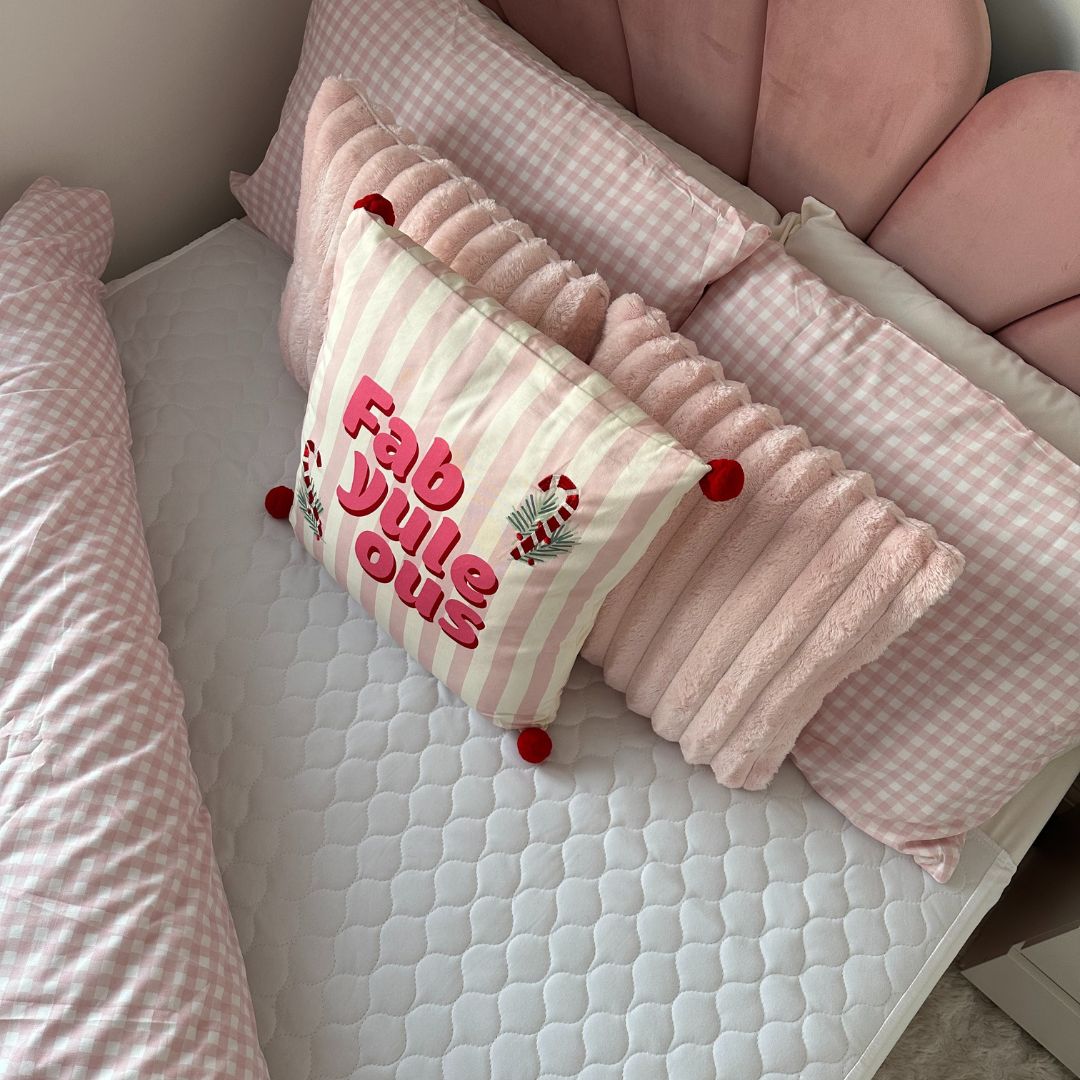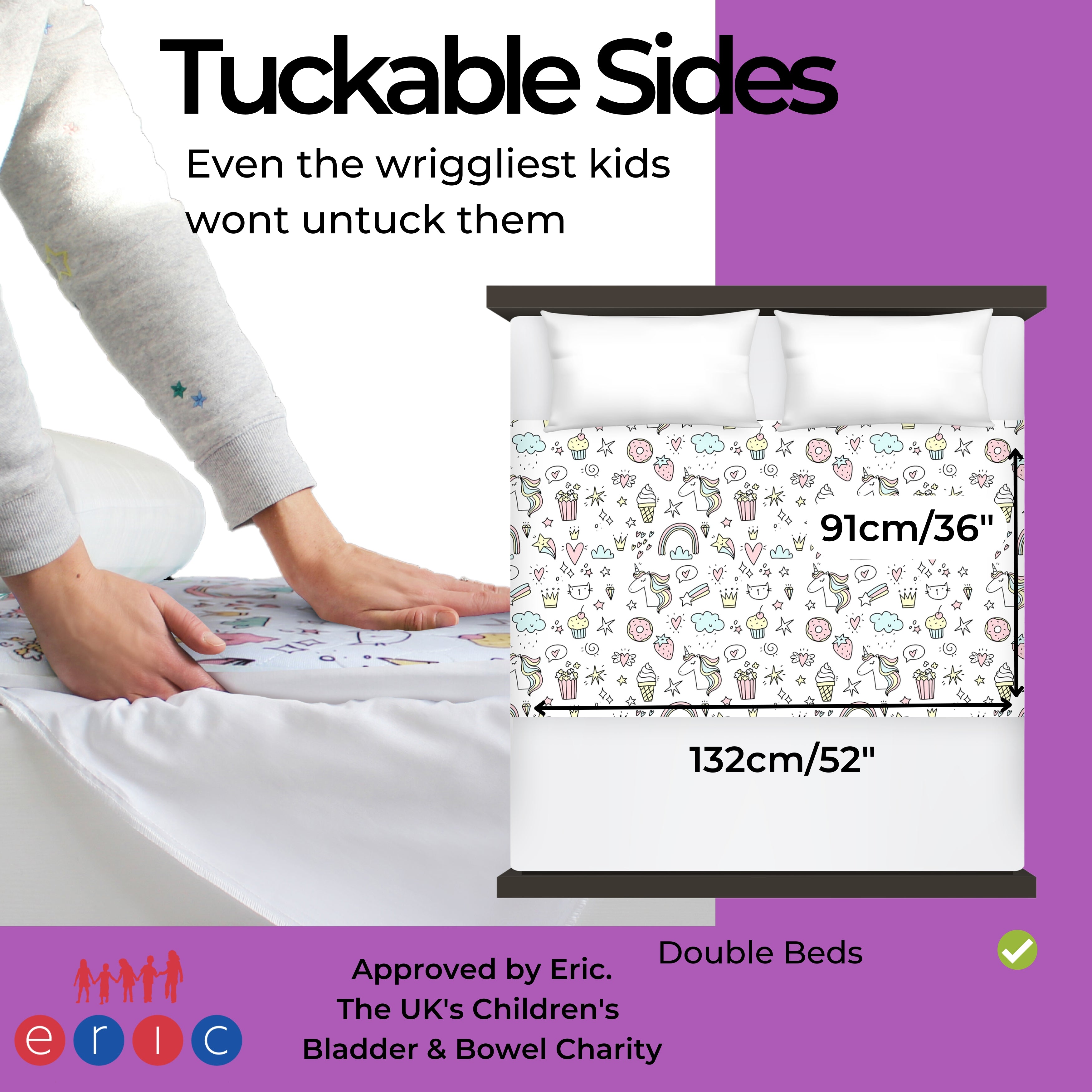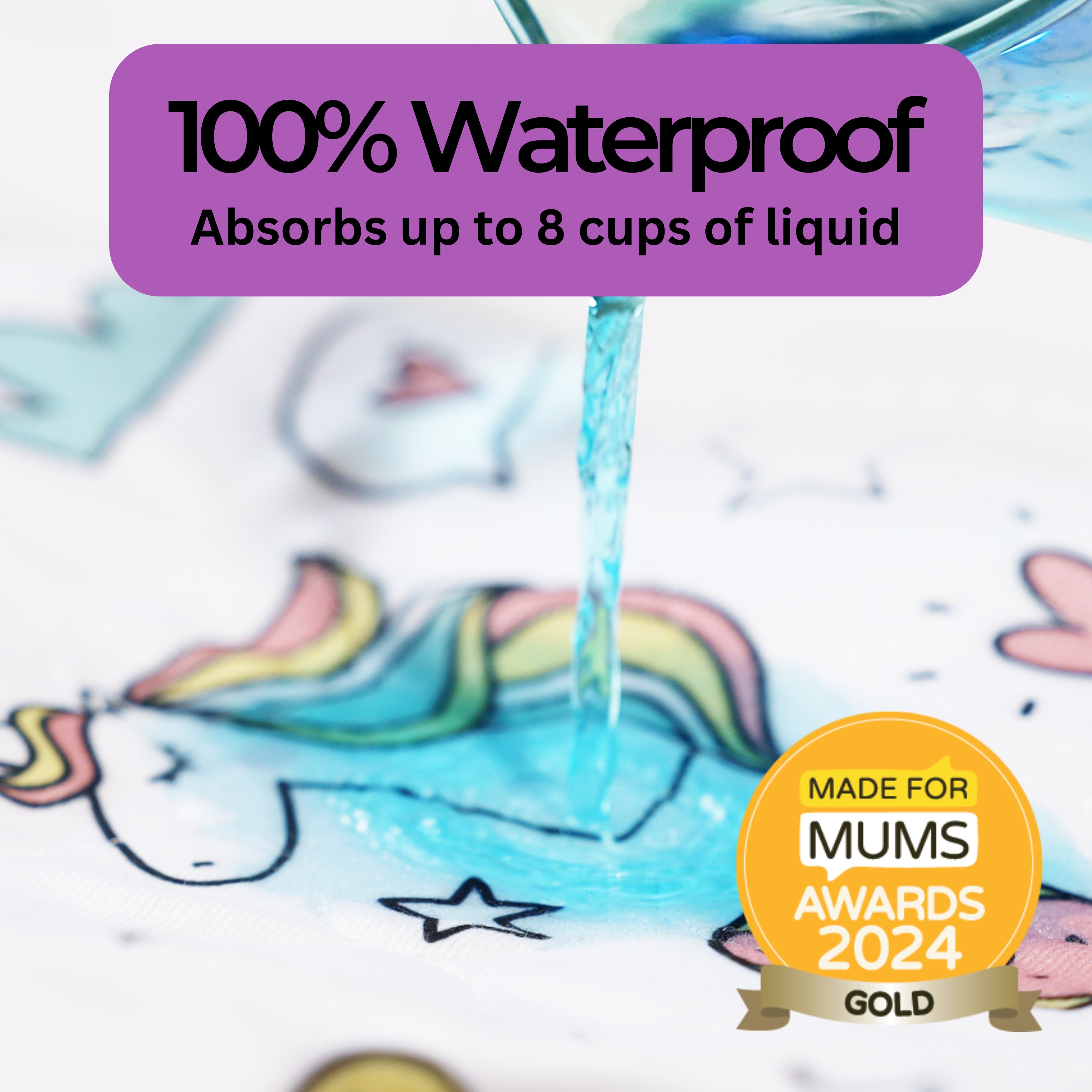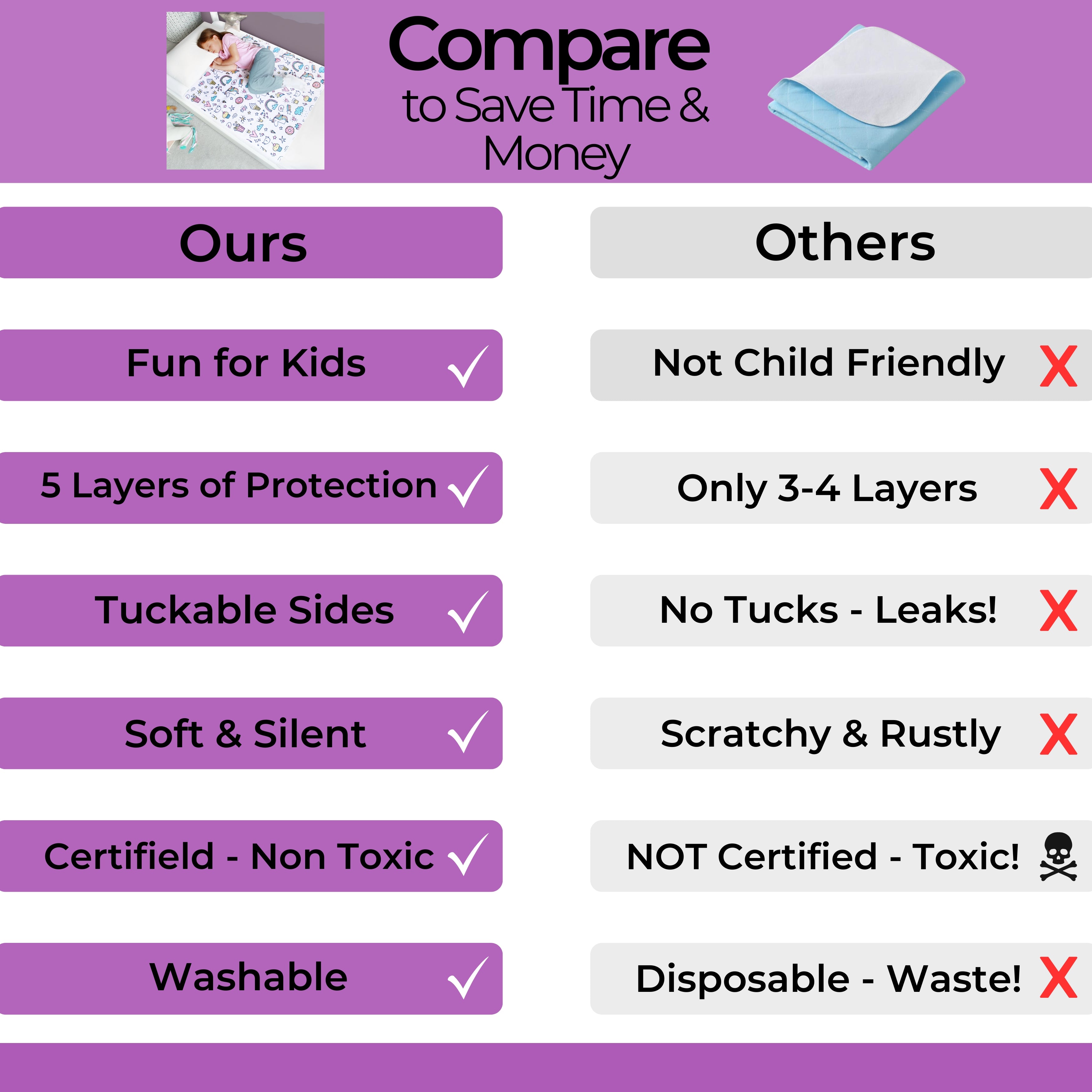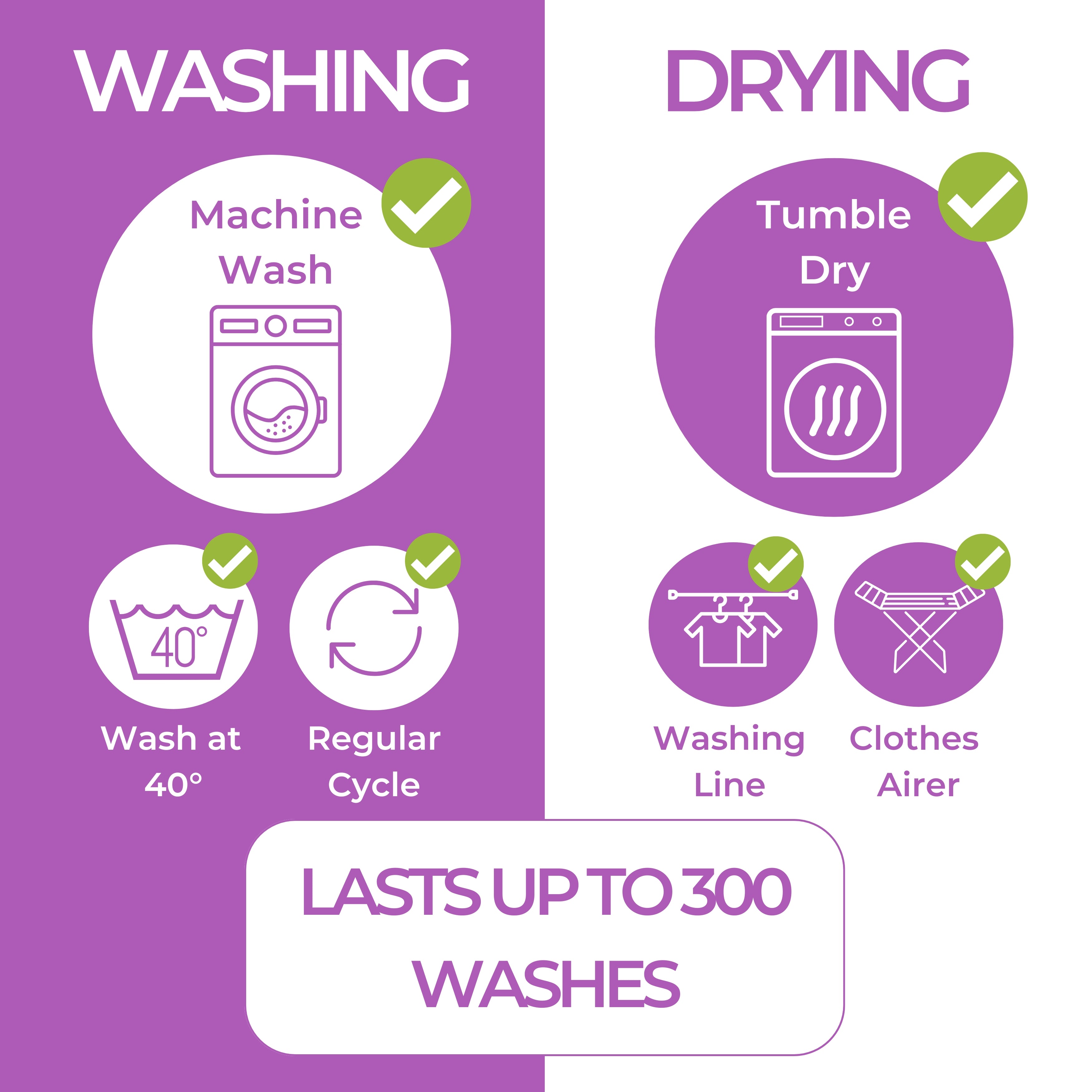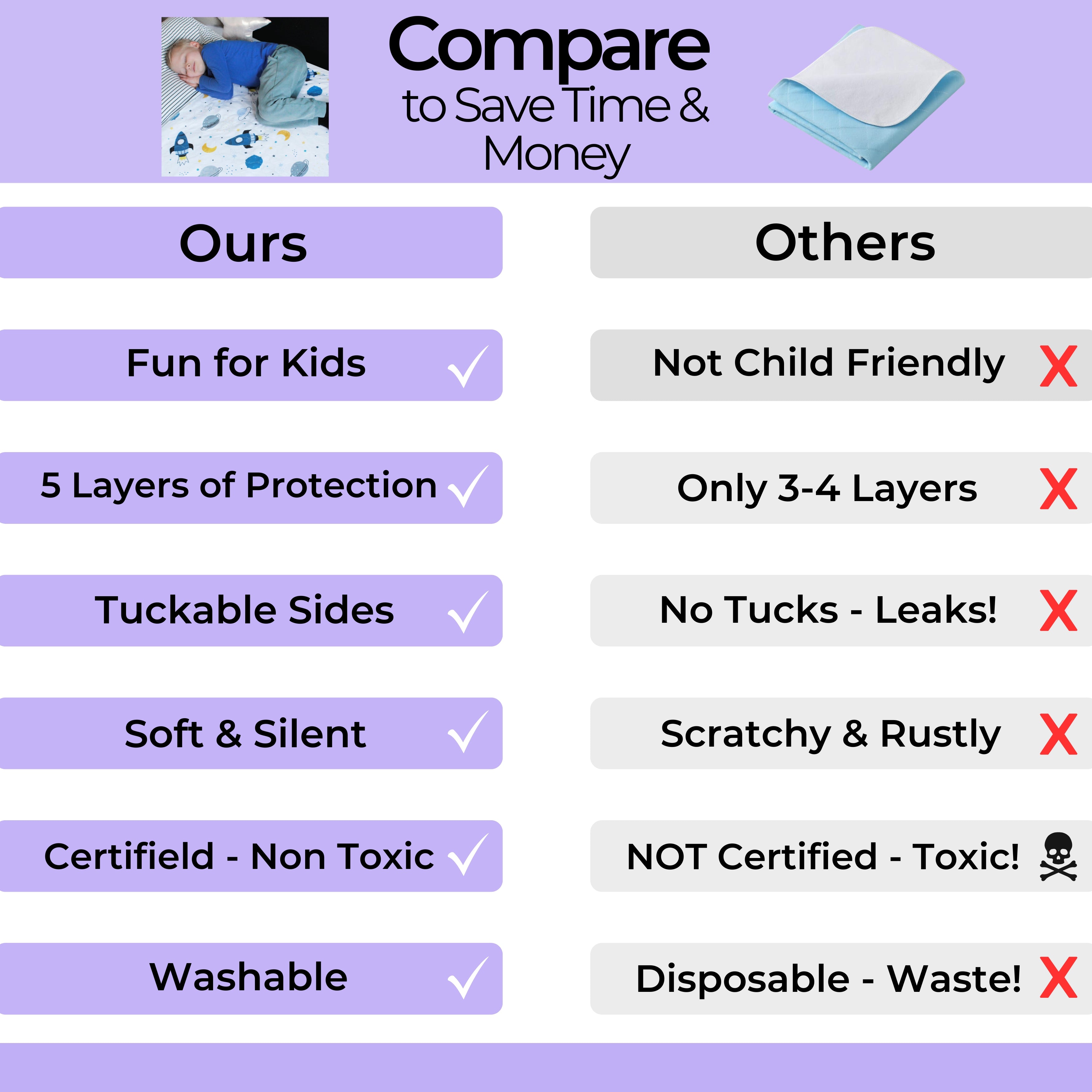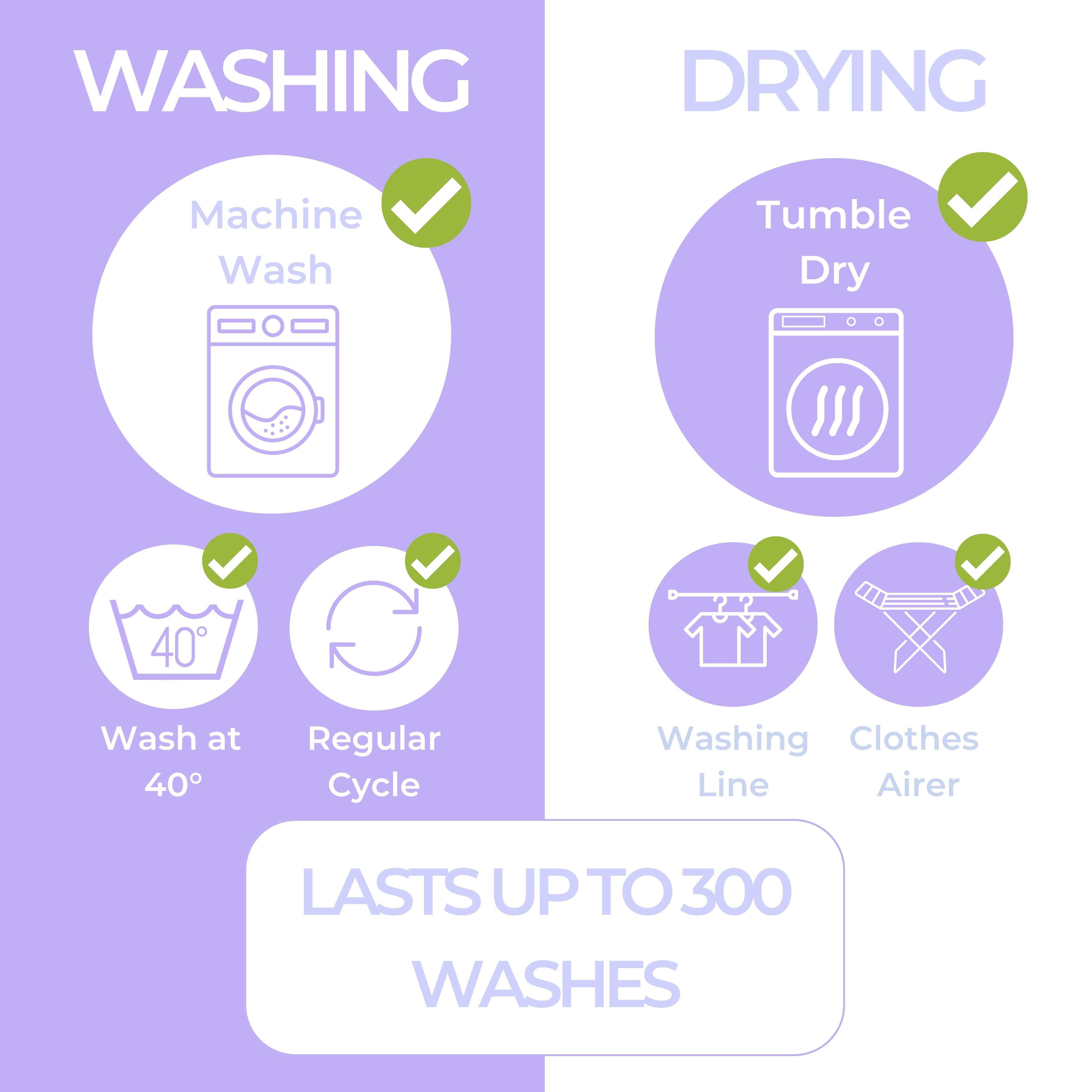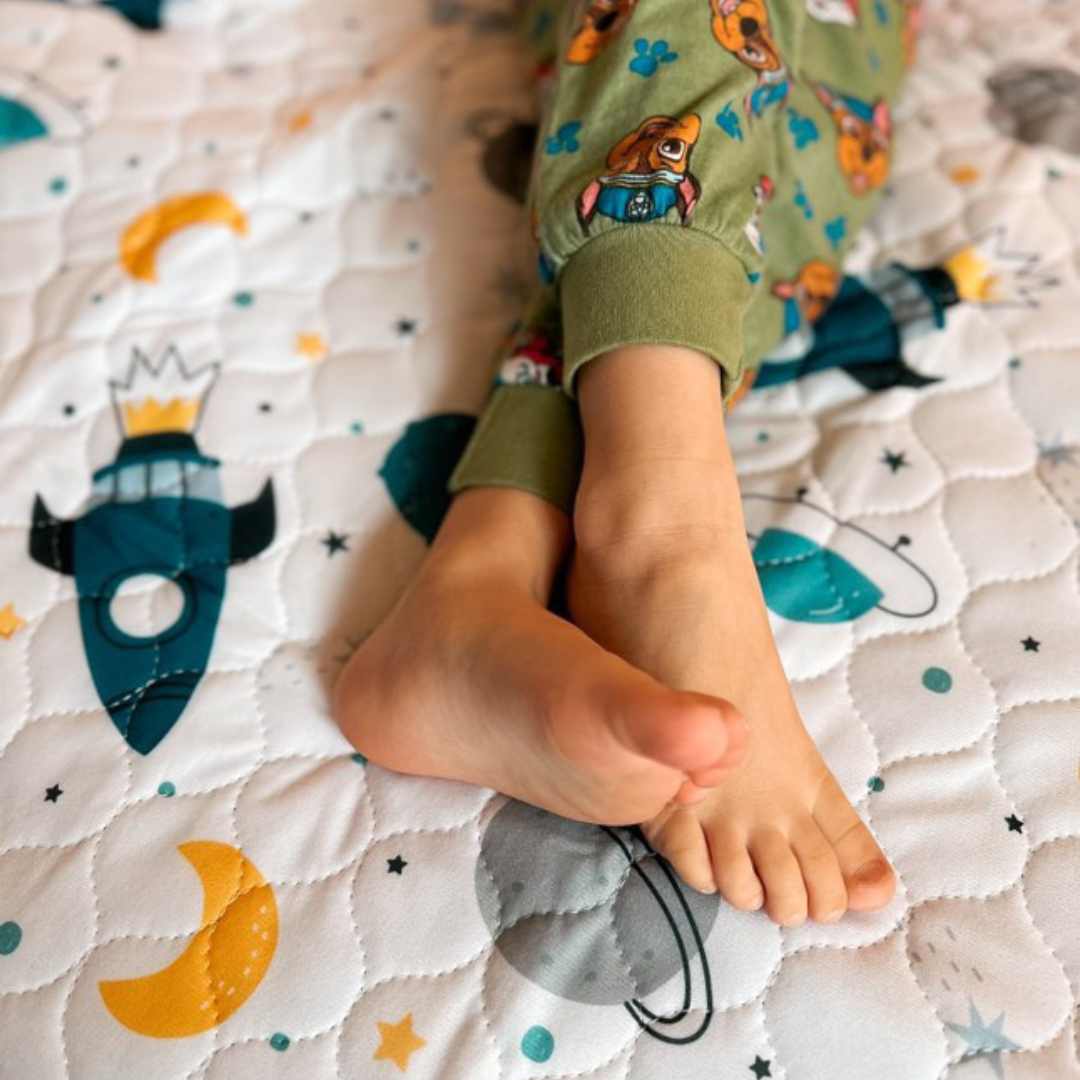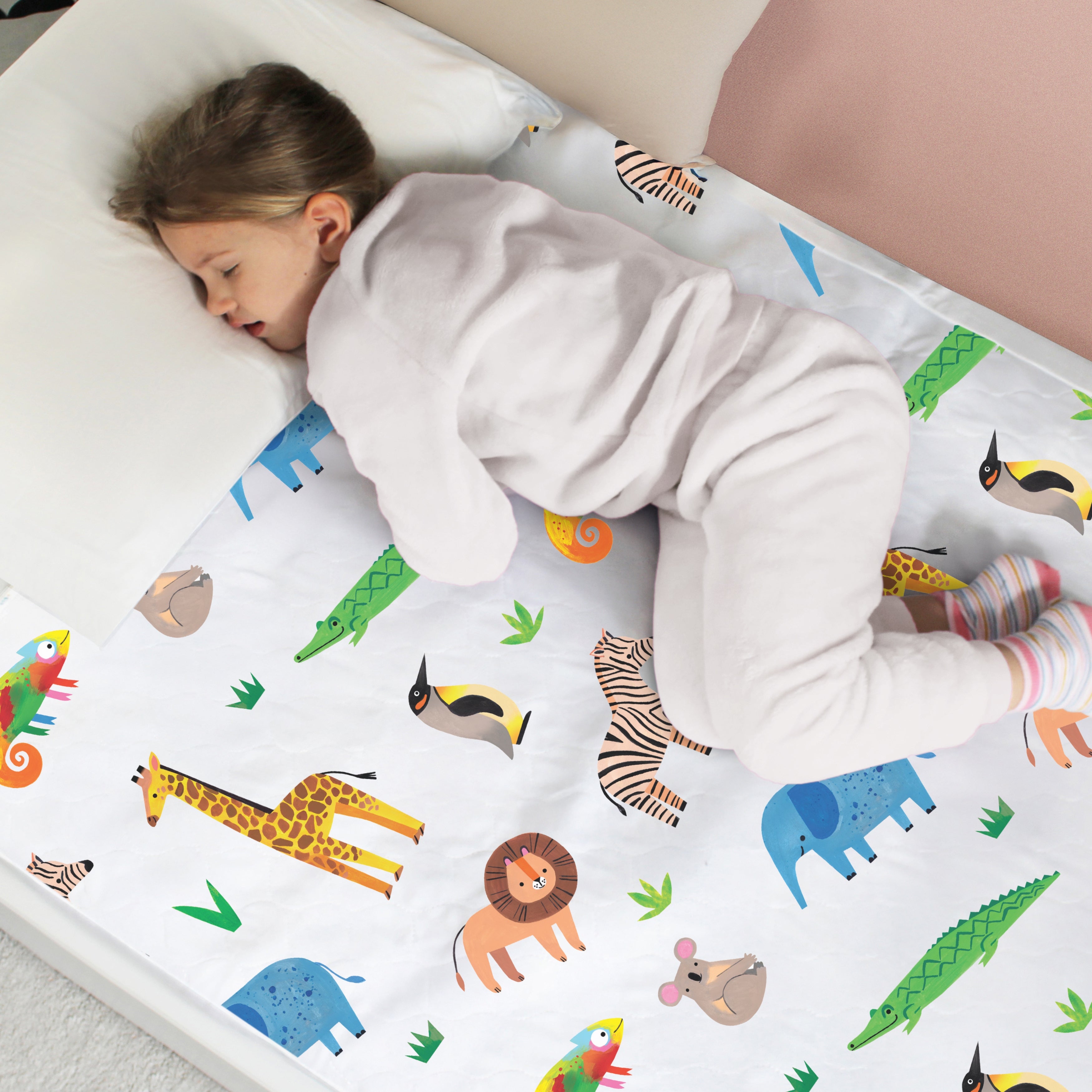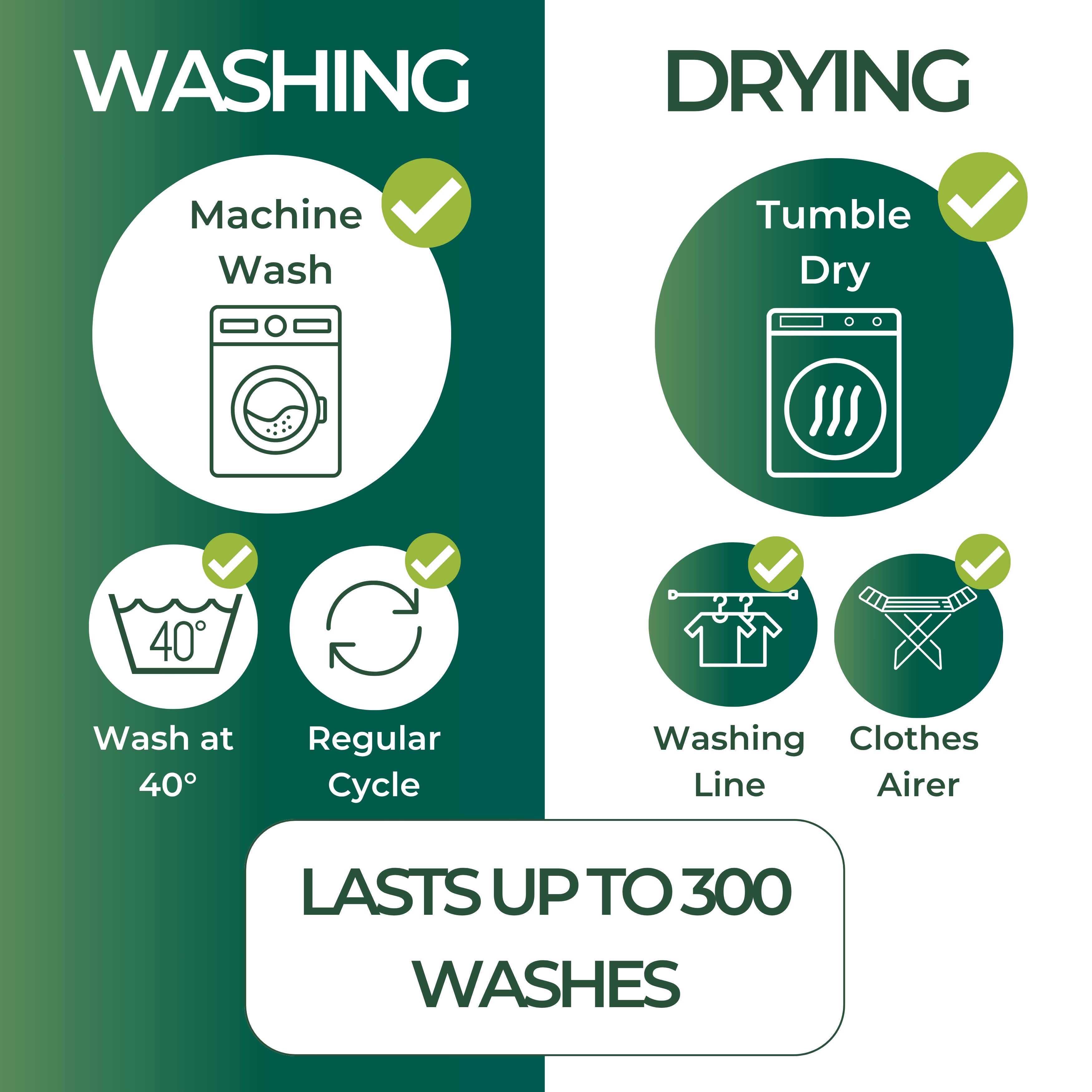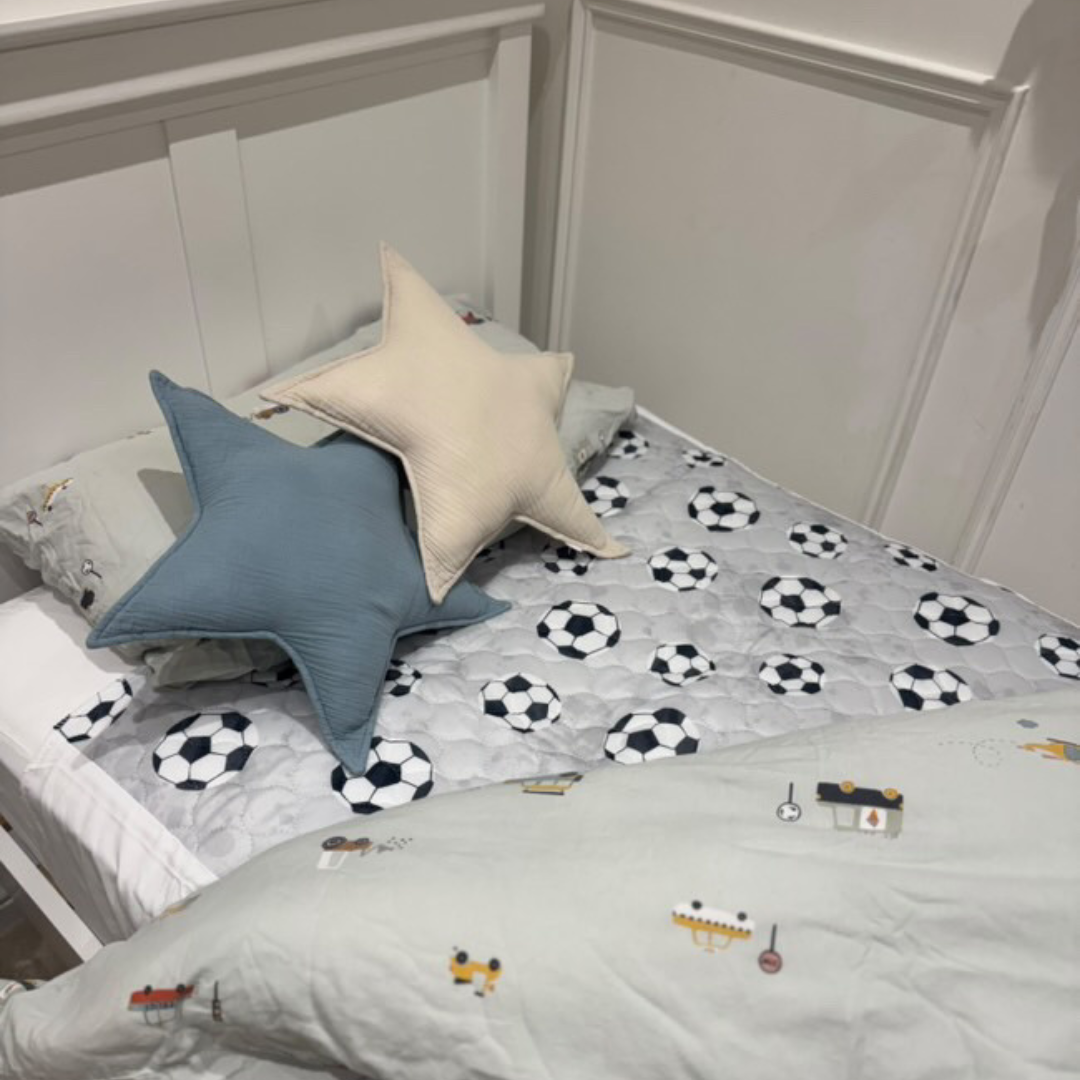Bedwetting Alarms: When, Why, and How to Take the Step
As a parent, watching your child struggle with bedwetting can be incredibly frustrating and heartbreaking. You’re doing the washing daily, your child is waking up, and their self-esteem may be taking a hit. Purchasing a bedwetting alarm can be a tough decision to make, because you don’t want to cause distress to your child, and what if it doesn’t work? As a parent myself I know these feelings all too well.
My own thoughts on making this decision are;
- What if they feel embarrassed or frustrated by the process?
- What if it causes even more disruption?
- Maybe they would eventually grow out of it anyway?
Of course I have come to realise that these are real and valid concerns. I'm a mum, I'm here to protect my child and ensure I do what is best for them.
But many parents who have taken the step to use a bedwetting alarm say they only wish they had done it sooner!
Understanding Bedwetting
First, it's useful to clear up some common myths, of which there are many when it comes to bedwetting. Children do not wet the bed on purpose. It’s not about laziness, seeking attention, or something they can control at will. Bedwetting, also known as nocturnal enuresis, is often due to a delay in the brain-bladder connection. Some children’s bodies simply haven’t learned the reflex to wake up when their bladder is full at night. And often this has to be learnt.
What Causes Bedwetting?
Before considering a bedwetting alarm, it’s important to rule out any medical reasons that could be contributing to the issue:
-
Urinary Tract Infection (UTI): If your child is experiencing frequent urination and discomfort, a UTI could be the culprit.
-
Constipation: A full bowel can put pressure on the bladder and reduce its capacity, making nighttime accidents more likely.
-
Low levels of anti-diuretic hormone (ADH): Some children produce too much urine at night because their bodies don’t release enough ADH to slow down urine production.
-
Overactive bladder: If your child frequently experiences urgency or has a small bladder capacity, this could be a contributing factor.
If any of these factors are at play, a visit to the doctor is a good first step. Sometimes, treating these underlying causes alone can lead to dry nights. But if bedwetting continues, it’s time to consider an alarm.
-
Deep sleep with a high arousal threshold: Many bedwetters are simply deep sleepers who don’t wake up to their body’s signals.
When is the Right Age to Use a Bedwetting Alarm?
Deciding when to introduce a bedwetting alarm can be a difficult choice. You want to encourage independence without creating unnecessary stress because life with kids is already pretty stressful right? And it also does depend on other factors, so here is what to consider at different ages;
Bedwetting Alarms for Younger Children (Ages 4 and Under)
Many children naturally achieve nighttime dryness by age 3.5, but if your child has been consistently dry during the day for six months and has enough bladder capacity, they may be ready for night training.
If you're unsure whether they’re ready, try a short trial without night nappies using waterproof bedding like Hygge Sheets. If their wetting decreases, continue with night training. If accidents persist and other things such as constipation and sufficient daytime drinking, an alarm may help.
Bedwetting Alarms for Ages 5 to 8
By age 5, about 1 in 5 children still wet the bed. By age 8, that number drops to just 1 in 20. If your child is in this age group and still struggling, this is an ideal time to start using an alarm and the Dri Sleeper Eclipse which is a wireless alarm is the perfect choice!
Children at this age have developed full daytime bladder control but may still lack the ability to wake up when they need to pee at night. Their growing confidence and increasing independence make this the perfect time for night toilet training and a bedwetting alarm! Once again - rule out out other factors already mentioned.
At this stage, involving your child in the process is important. Explain how the alarm works, encourage them to take ownership of their progress, and provide positive reinforcement for dry nights.
Bedwetting Alarms for Older Children (Ages 9 and Up)
At age 9, only 1 in 20 children still wet the bed, and by their teenage years, it becomes even rarer. However, if bedwetting persists, it can significantly impact self-esteem and social life. Older children are more likely to feel embarrassed and may avoid sleepovers or school trips.
For preteens and teenagers, it’s important to take a discreet, supportive approach. Involving them in setting up the alarm, tracking their progress, and taking charge of their nighttime routine can empower them to take control of their bedwetting. Again - the Dri Sleeper Eclipse Alarm would work great for them.
If your child is struggling emotionally with bedwetting, reassure them that they are not alone. While bedwetting is less common at this age, it is still treatable, and a bedwetting alarm remains one of the most effective solutions.
A lot of focus gets also put on the child worrying - so at this point, I also want to say... as a parent - don't worry either. Whilst it's natural. Please don't. It's going to be ok!
Why Choose a Bedwetting Alarm?
A bedwetting alarm is the only proven method to help children overcome primary nocturnal enuresis in up to 75% of cases. These alarms work by conditioning the child’s brain to wake up when they start to urinate, eventually teaching them to wake before an accident happens.
For many families, the only regret is not trying it sooner. And with Dri Sleeper Alarms, every purchase comes with FREE expert support for you and your child if needed.
Why Not Just Wait for Your Child to Grow Out of It?
Yes, some children do stop bedwetting on their own. But others don’t. And the longer bedwetting continues, the more it can affect a child’s confidence, social life, and willingness to attend sleepovers or school camps. In fact, bedwetting can become harder to treat as children get older (Although of course definitely not impossible!)
Many parents worry about the short-term inconvenience of using a bedwetting alarm -waking up in the night, helping their child respond - but reviews and feedback from people that have used bedwetting alarms suggest that the ongoing hassle of changing sheets every night is far more stressful than the few weeks of adjustment with an alarm. When put into perspective, the effort of using a bedwetting alarm is a small price to pay for the long-term benefits.
How Bedwetting Alarms Work
The goal of a bedwetting alarm is to speed up the brain-bladder connection. When the alarm detects moisture, it sounds, waking the child (and often the parents). Over time, this process conditions their brain to recognise the sensation of a full bladder and wake up before urination begins.
Most children see improvement within 2 to 12 weeks, and the program is considered successful when they have 14 consecutive dry nights.
Choosing the Right Alarm
There are two main types of bedwetting alarms:
-
Wired Alarms: These have a sensor attached by a cord to a small alarm worn on the child’s clothing. They are often more affordable but can be uncomfortable for restless sleepers.
-
Wireless Alarms: These include a sensor that sits inside the underwear and communicates wirelessly with an alarm unit placed on a bedside table. At Hygge Sheets we have chose to sell the DRI Sleeper Eclipse bedwetting alarm. Being wireless it doesn't have wires which we love!
The DRI Sleeper alarm has an impressive success rate, with 75% of children achieving dryness. The reviews highlight how parents were initially hesitant but found that the short-term challenge was far easier than dealing with the stress of nightly accidents.
Is Your Child Ready for an Alarm?
A key factor in success is making sure your child is motivated. Some children are eager to stop bedwetting so they can attend sleepovers and camps with confidence. Others might need a little encouragement. You can try:
-
Providing incentives (e.g., a reward after a certain number of dry nights)
-
Explaining the benefits (e.g., fewer chores like washing sheets)
-
Appealing to their environmental awareness (e.g., fewer disposable pull-ups in landfills)
The Benefits of Ending Bedwetting
The moment your child wakes up dry, their confidence will soar. But the benefits extend beyond that:
-
Improved sleep for the entire family
-
No more spending money on nighttime pull-ups
-
More social opportunities (sleepovers, school trips)
-
A sense of achievement for your child
Final Thoughts
If you’ve ruled out medical causes and your child is ready, why wait? Bedwetting alarms are a proven, gentle, and effective way to help your child achieve dry nights sooner rather than later. Many parents look back and wish they had started sooner.
So if your child is struggling with bedwetting, don’t put it off. Take the step today and take a look at the Dri Sleeper Eclipse Bedwetting Alarm.
Take Care
Catherine
x

